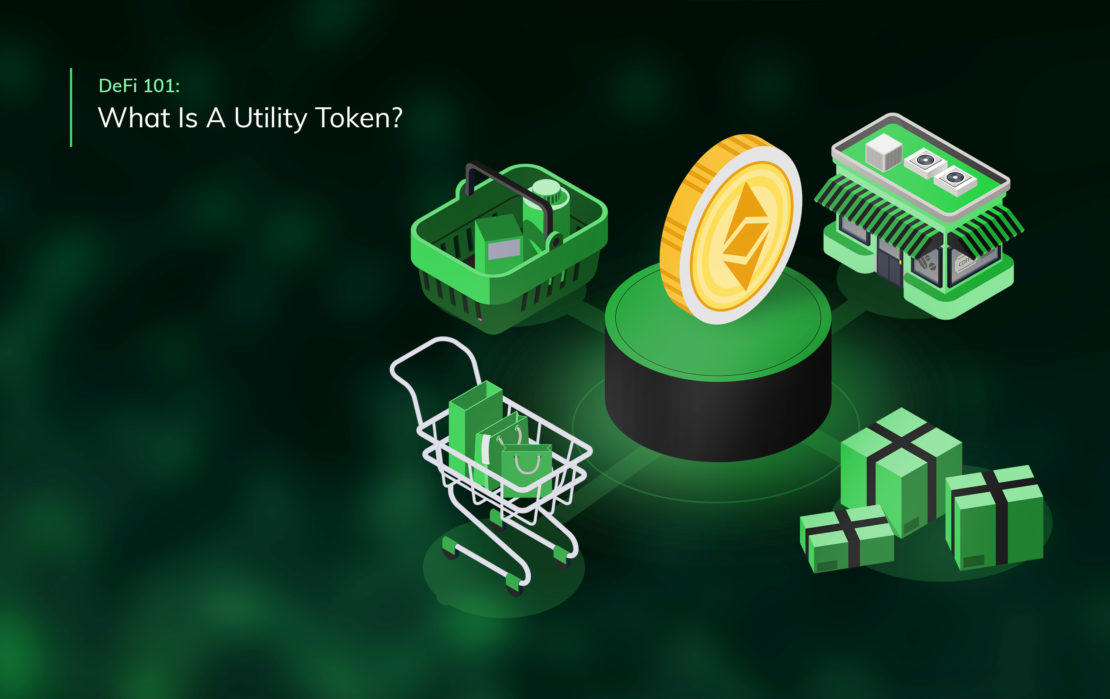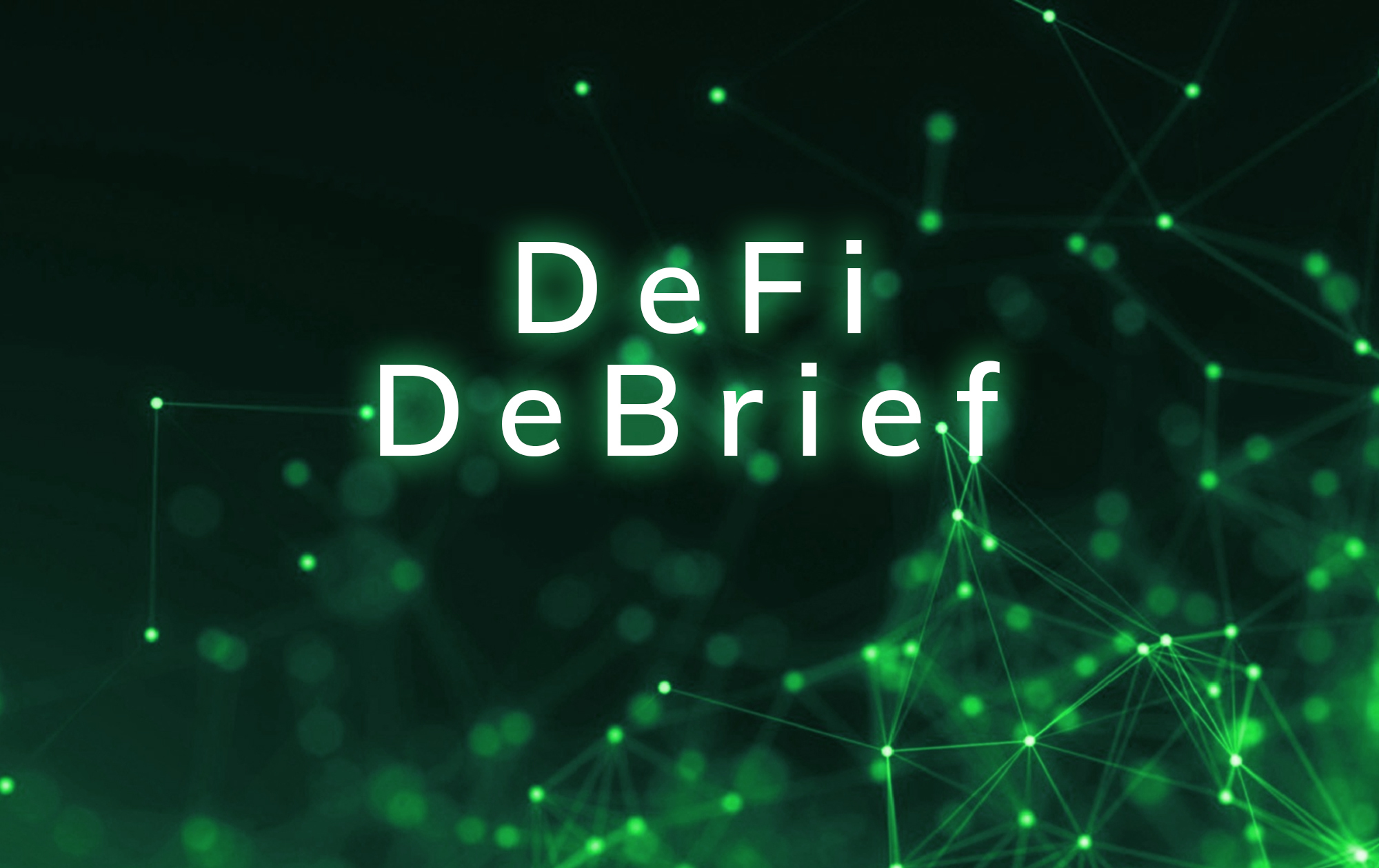DeFi 101: What Is A Utility Token?
A utility token is a type of cryptocurrency that serves a specific purpose in an ecosystem. Utility tokens let users perform defined actions like voting on governance proposals, paying fees, or participating in proof of stake consensus mechanisms.
— —
The term cryptocurrency can be somewhat misleading.
Not all cryptocurrencies are ‘currencies’ per se. Many only exist to enable a specific network to function.
People often refer to these kinds of cryptocurrencies as utility tokens, and the word utility signals that the asset in question isn’t really a currency at all. So where the likes of Bitcoin could be seen as having nothing but monetary value.
Utility tokens like BNB exist to give Binance users a discount on trading fees. You may have also heard of assets referred to as security tokens.
Today, we’ll show you the difference between them both.
What actually is a utility token?
A utility token services a specific use case in a specific ecosystem.
You probably wouldn’t use one to buy your coffee. But you might use it to settle network fees or tip a content creator.
Let’s look at the Basic Attention Token (BAT) as an example. BAT works with the privacy-centric Brave browser. And holders use it exclusively to tip content creators either via the Brave browser or on platforms like Twitter.
Increased usage can cause the price of utility tokens to increase, but they have no real tangible drivers of their value.
In contrast, security tokens do.
The difference between utility and security tokens
A security token gives rights of ownership to its holders.
You can see them as tokenized stocks. Meaning if you buy them, you can expect to have some claim of ownership on the underlying asset.
That’s why security tokens fall under the jurisdiction of the Securities and Exchange Commission (SEC), so they have to follow the same rules and regulations as stocks, bonds, and ETFs.
The challenge is that when it comes to utility tokens, no one’s really sure whether they should also be considered as security tokens. And some people even speculate that one day, all tokens will be seen as such.
That day is yet to arrive — while there have been indications that tokens like ether and bitcoin are closer to commodities, anyway.
Still, we’re yet to see a regulation confirm this is the case.
Popular use case for utility tokens
Utility tokens can do just about anything a developer wants.
So while there are some conventional applications, there’s by no means a definitive list of use cases.
That said — here are the most popular ones:
Using a blockchain network. Some networks require you to hold a coin to use the network. Suppose you want to perform a transaction on ethereum, you’ll need to pay transaction fees in ether.
Getting a discount on fees. Some applications use tokens as a means of providing a discount. This was popularised by the leading crypto exchange Binance where if you pay fees on in its native BNB, you get 50% off.
Receiving interest on loans. Another common use for utility tokens is paying out interest on loans. Say you lent money to a protocol, you might receive its native token as a reward.
Confusing the matter further: NFTs are often used to token-gate access to communities or products, putting them in the same boat as utility tokens.
So as you can see, utility really can mean anything and everything.



